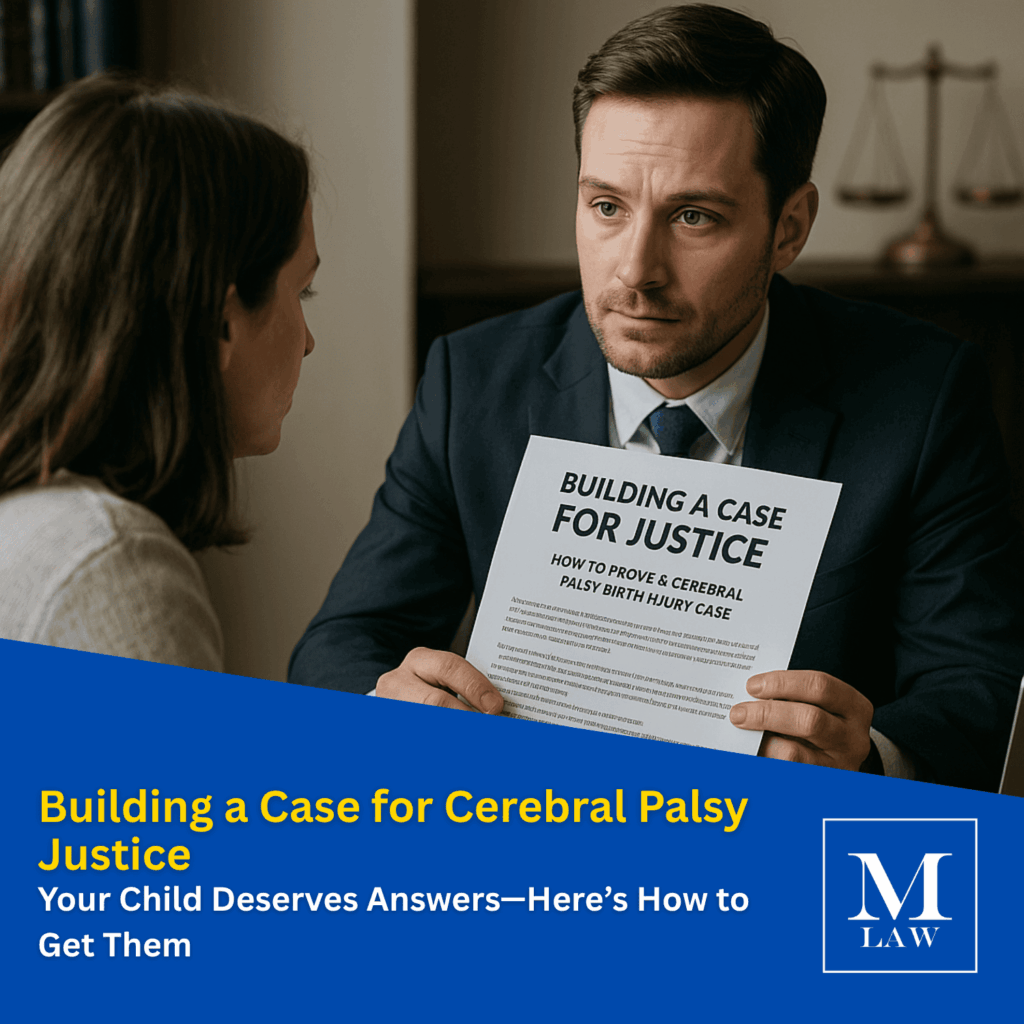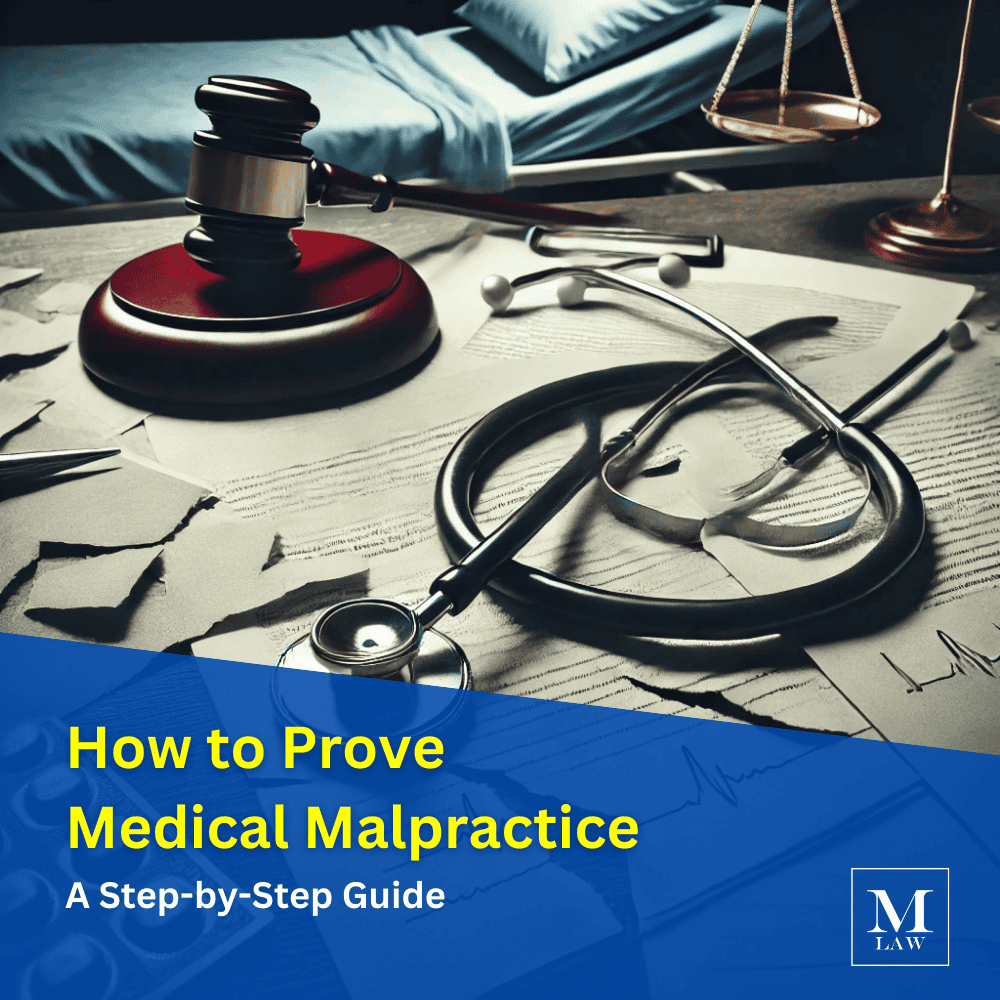Health and medicine is all about decisions.
Imagine you go to your general practitioner for a regular check-up.
Your doctor determines that you have high blood pressure, and reminds you of your family history of heart attacks. She recommends you take a baby aspirin daily before bed to prevent further cardiovascular problems.
Even though your doctor recommended you take aspirin, ultimately, the decision is up to you to actually listen to her advice.
Maybe instead of a checkup, you visit the doctor to discuss a major medical procedure.
It was discovered that you have early stage cancer. Now, the decision is up to you to either have the tumor surgically removed or to undergo chemotherapy.
Some decisions are simple, while others are the toughest we’ll make in our lives. Either way, your ability to make decisions about your own health is called your capacity to consent.
Capacity to consent is a crucial aspect of medical malpractice law.
What is Capacity to Consent?
Charles Sabatino, JD, of the American Bar Association explains capacity to consent very well in an article in the Merck Manuals:
The law recognizes that adults—in most states, people age 18 and older—have the right to manage their own affairs and conduct personal business, including the right to make health care decisions. Emancipated minors are people below the age of adulthood (usually 18) who are also considered legally capable. The definition of this group varies by state but generally includes minors who are married or who are in the armed forces or who have obtained a court decree of emancipation.
Simply put, it is assumed that adults and emancipated minors have the capacity to make decisions about their own health affairs.
As a society, we expect capable adults to advocate for themselves and their own interests. With the assistance of a medical professional, most adults can do this just fine.
Some people however, have a reduced capacity to consent.
Elderly individuals with degenerative mental diseases like dementia are the most common example of this. If you’ve ever had a relative in a nursing home, you might be familiar with this concept.
It’s pretty obvious to most that, for example, a 90 year old man with late-stage Alzheimer’s does not have the ability to make decisions about his own wellbeing.
He might be able to tell his nurse that he bumped his knee on his dresser and needs an ice pack, but he probably doesn’t have the mental ability to weigh the pros and cons of starting a new medication.
In this example, it would be completely unfair for the nurse to expect her patient to make this decision. In fact, a court would most likely consider this medical negligence.
Similarly, some people with special needs have a reduced capacity to consent
Capacity to consent comes down to whether or not an individual’s brain is “impaired” compared to the average adult.
Many conditions can place a person in this category, including:
- mental health conditions such as schizophrenia or bipolar disorder,
- dementia
- severe learning disabilities
- brain damage – for example, from a stroke or other brain injury
- physical or mental conditions that cause confusion, drowsiness or a loss of consciousness
- intoxication caused by drugs or alcohol misuse
Someone with such an impairment is thought to be unable to make a decision if they cannot:
- understand information about the decision
- remember that information
- use that information to make a decision
- communicate their decision by talking, using sign language or any other means
In rarer cases, people can have no capacity to consent, like if a patient is in a coma or catatonic state.
How Do You Evaluate Capacity?
Capacity can change over time, so it is generally accepted in the medical community that capacity is assessed at the time consent is required (right before a decision needs to be made).
This will usually be done by a trained healthcare professional who’s either recommending a treatment or involved in giving that treatment.
If the healthcare professional feels you have the capacity to give your consent, your decision will be accepted and your wishes will continue to be respected, even if you lose capacity at a later stage.
If the healthcare professional feels you do not currently have the capacity to give consent and you have not made an advance decision or formally appointed anyone to make decisions for you, they’ll need to carefully consider what’s in your best interests before making a decision.
There are some situations where a patient may make a decision that others would consider irrational, but capacity to consent is still retained.
Personal & Religious Beliefs
Some medical treatments directly conflict with specific religious beliefs. Even if it is in the best medical interests for a patient to undergo a procedure, if they decide against it because of their religious beliefs, a medical professional must respect the patient’s wishes.
For example, a person who refuses to have a blood transfusion because it’s against their religious beliefs would not be thought to lack capacity.
Even though it could be detrimental to their health, there is a coherent reason for this decision, and a doctor must respect this decision.
As another example, some medical conditions require treatment in the form of highly specific diets. If you’re vegan, and your doctor recommends you change your diet to include certain animal-based foods, you can refuse this treatment and still retain capacity to consent.
Not all of these exceptions to the rule need to be based in religious belief, though many are.
Determining a Patient’s Best Interests
If an adult lacks the capacity to give consent, a decision about whether to go ahead with the treatment will need to be made by the healthcare professionals treating them.
To make a decision, the person’s best interests must be considered.
There are many important elements involved in trying to determine what a person’s best interests are.
These include:
- considering whether it’s safe to wait until the person can give consent if it’s likely they could regain capacity at a later stage
- involving the person in the decision as much as possible
- trying to identify any issues the person would take into account if they were making the decision themselves, including religious or moral beliefs
If it is determined that a patient lacks capacity and there’s nobody suitable to help make decisions about medical treatment (like a sibling, adult child, or spouse) a medical professional known as an independent mental capacity advocate (IMCA) must be consulted.
When Doctors Ignore Capacity to Consent
Your consent is absolutely necessary before a doctor performs any treatment or procedure on you.
If your doctor does not receive your consent before performing a medical procedure, they engage in medical malpractice and can be held liable for this transgression.
This can happen in a variety of ways.
For example, if a patient does not speak English, a doctor must have a third party translate. They cannot proceed with treatment if their patient does not understand what they are saying.
Other times, it is unclear whether a patient has capacity, and a medical professional must make the effort to determine their capacity.
If you believe that you or a loved one had a medical procedure performed without consent, you may have the ability to sue your doctor or healthcare facility for medical malpractice.
You may have a limited time to act – get in touch with our team of experienced medical malpractice lawyers today. We’ll help you schedule an appointment with one of our licensed physicians, who can determine whether what you experienced was indeed medical malpractice.
Contact our team by filling out our contact form, or by giving us a call today.








